How the government is using location data to track COVID-19

According to the Wall Street Journal, the same location data that is generated by your phone and used by advertisers to send you ads is being employed by the U.S. government in the fight against COVID-19. Data from smartphones is being analyzed by the Centers for Disease Control and Prevention (CDC) and sent to the federal and local and state government. Those familiar with the program say that the information shows the locations where people are hanging out in certain areas. The data is provided by the advertising industry and the name of each phone owner is being stripped from the information. But there are fears. Even though the information is anonymized, it could be paired with other publicly available information to identify who belongs to certain data points and track them.
Location data can determine the places that are subject to a COVID-19 outbreak
The hope is that by analyzing the location data, the U.S. government will learn how coronavirus spreads and how to stop it from doing so. The information taken from the location data is so specific that it will give authorities the names of stores, parks, and other places where people are congregating and could be spreading the virus. For example, analyzing location data led researchers in New York to discover that crowds were migrating to Brooklyn's Prospect Park. Local authorities were given the information and posted warnings in New York City parks. Still, to be sure, Prospect Park remains open even though it is in the epicenter of the coronavirus outbreak in the U.S.
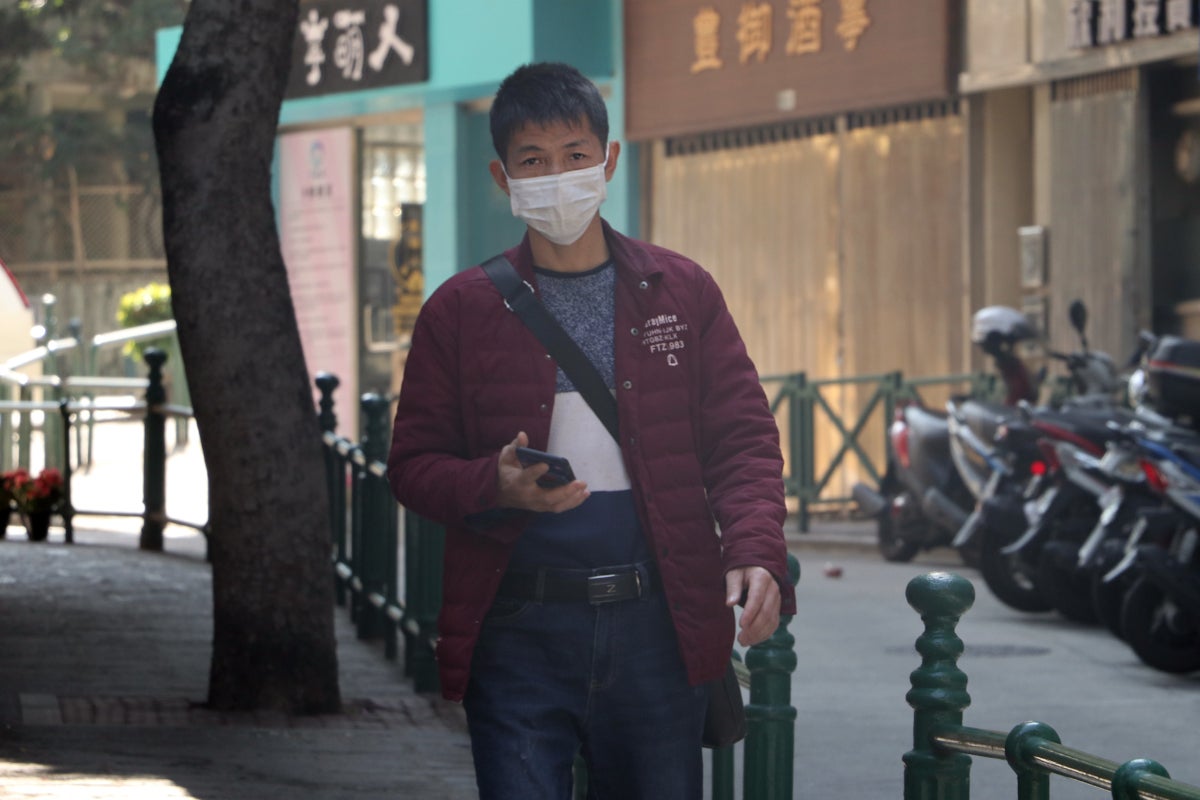
Governments are using phone-sourced location data to track locations that could face an outbreak of COVID-19
As you can see, the same technology that upset you because it was being used to track your movements can also be a lifesaver. The information not only warns authorities where the coronavirus is possibly being spread, it also allows them to see which areas are being hard hit economically by measuring the drop off in traffic at retail stores. It also measures how well citizens in a specific area are complying with stay-in-place orders.
Using location data for the common good sounds great but it doesn't hide the fact that many are upset that their privacy is being compromised not just by advertisers, but also by the government. Privacy activist and researcher Wolfie Christl said that the location data industry is using the spread of COVID-19 as an excuse for invading the privacy of phone owners in the U.S. He calls this "covidwashing" and adds that "In the light of the emerging disaster, it may be appropriate to make use of aggregate analytics based on consumer data in some cases, even if data is being gathered secretly or illegally by companies. As true anonymization of location data is nearly impossible, strong legal safeguards are mandatory." So far, no safeguards have been announced and there are no limits to what the data can be used for. Additionally, there is no guarantee that the data can't be used down the road for other reasons.
Companies that collect and sell location data generated as much as $21 billion in revenue back in 2017. Some U.S. firms are allowing the government and researchers to view their data. The Journal notes that a company located in San Francisco named LotaData has created a publicly accessible portal that analyzes location data in Italy helping authorities there figure out where future outbreaks might occur in one of the hardest hit countries in the world. The outfit also hopes to provide portals in other places such as Spain, California and New York. Another company, Unacast, uses location data to fuel its social distancing scoreboard. This scoreboard helps local governments see how well their stay-at-home orders are being followed by the population.
Right now, the public is glad that location data is providing clues that might stop the spread of COVID-19. But once the crisis is over, you can be sure that the use of location data will once again be a sore point with consumers.
Follow us on Google News

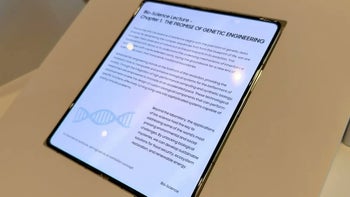
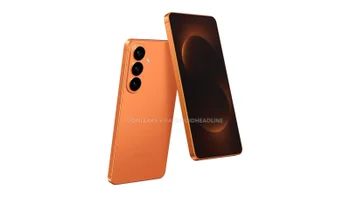
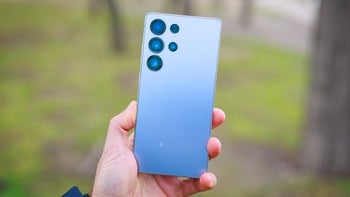

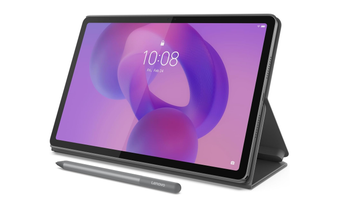
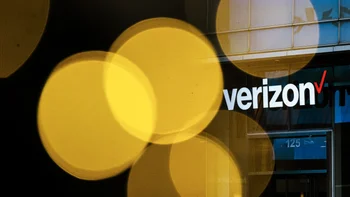
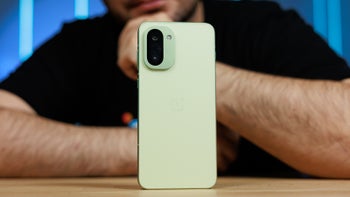
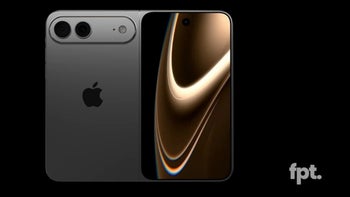
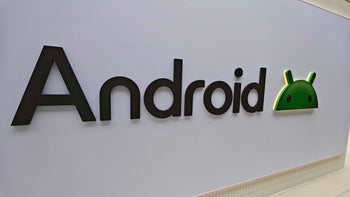
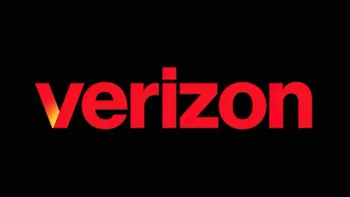
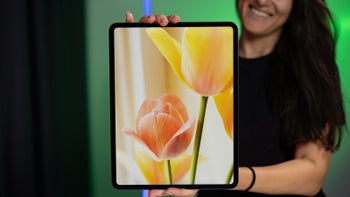
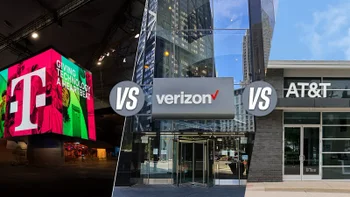
Things that are NOT allowed:
To help keep our community safe and free from spam, we apply temporary limits to newly created accounts: